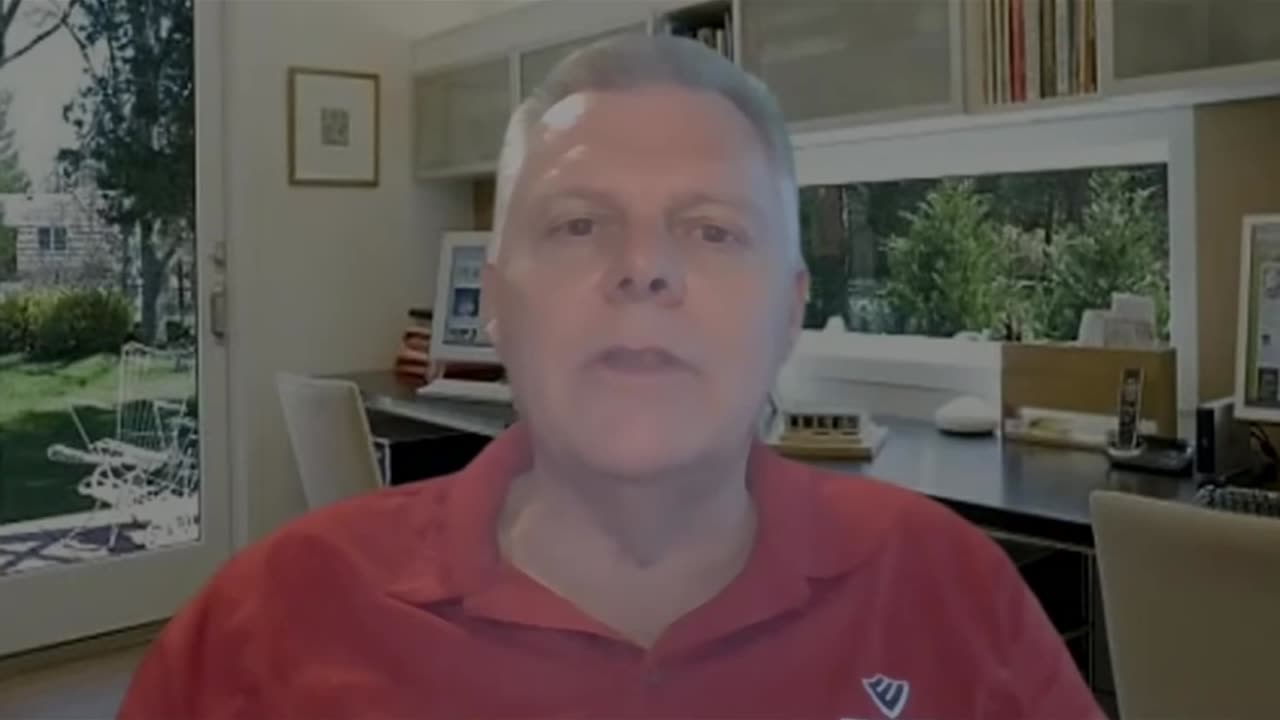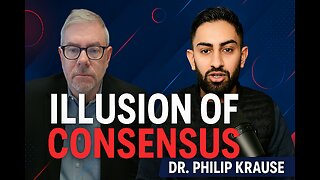Premium Only Content

Reverse Mortgages Simplified
A Reverse Mortgage is a financial product that allows homeowners, typically aged 62 or older, 55+ in California to convert a portion of their home equity into cash without selling the home or having to make required monthly mortgage payments. It’s essentially the reverse of a traditional mortgage, where instead of making payments to the lender, the lender makes payments to the homeowner.
Eligibility and Requirements:
Age: The borrower must be at least 62 years old, 55+ in California.
Primary Residence: The home must be the borrower’s primary residence.
Equity: There needs to be sufficient equity in the home.
Financial Assessment: The borrower must demonstrate the ability to pay property taxes, homeowner's insurance, and maintenance costs.
Types of Reverse Mortgages:
Home Equity Conversion Mortgage (HECM): The most common type, insured by the Federal Housing Administration (FHA).
Proprietary Reverse Mortgages: Private loans that are not insured by the FHA, typically offer larger loan amounts.
How Loan Proceeds Are Be Paid Out:
Lump Sum: A single, large payment.
Line of Credit: Funds available to draw as needed.
Monthly Payments: Regular payments over a set period or as long as the borrower lives in the home.
Tenure Payments: Monthly payments to the borrower for a set number of years.
Combination: A mix of the above options.
Interest and Fees:
Interest: Accrued on the outstanding loan balance, which grows over time.
Fees: Include origination fees, servicing fees, and mortgage insurance premiums for HECMs.
Repayment:
A reverse mortgage doesn’t require monthly repayments. Instead, the loan is repaid when: - The borrower sells the home. - The borrower moves out of the home permanently (e.g., into a nursing home). - The borrower passes away. - The borrower fails to meet the loan's obligations, such as paying property taxes, insurance, or maintaining the home.
Perks:
Supplemental Income: Provides additional income for retirees, helping cover living expenses or unexpected costs.
No Monthly Payments Required: Borrowers do not have to make monthly mortgage payments.
Retain Home Ownership: Borrowers can stay in their homes for as long as they wish, provided they meet the loan requirements.
Common Misconceptions:
The Lender Owns the Home: Borrowers retain ownership of their home. The lender only has a lien on the property.
Heirs are Liable for Repayment: Heirs can choose to repay the loan and keep the home or sell the home to repay the loan. If the home sells for less than the loan balance, Reverse Mortgages are non-recourse loans, meaning the heirs aren’t responsible for any shortfall.
Considerations Before Taking a Reverse Mortgage:
Longevity: If you plan to stay in your home for a long time, a reverse mortgage might be beneficial.
Costs: Consider the costs involved and how they affect your financial situation.
Counseling: Mandatory counseling with a HUD-approved counselor to understand the pros, cons, and obligations.
Application: Apply with me, and I’ll answer any questions along with assessing your eligibility.
Approval and Closing: Once approved, you’ll close on the loan, and the funds will be disbursed based on your chosen payment plan.
Conclusion:
A reverse mortgage can be a valuable tool for senior homeowners needing financial flexibility, but it. Still, it’s important to understand how a Reverse Mortgage works, the costs, obligations, and potential impact on your estate. Along with talking with me about potential benefits for your golden years, I’m happy to get on a call with you and your financial advisor to help determine if a Reverse Mortgage is the right option for your situation.
-
 14:53
14:53
Forrest Galante
6 hours agoAustralia's Top 5 Deadliest Animals
35.4K11 -
 3:18:47
3:18:47
DLDAfterDark
6 hours ago $3.51 earnedDLD Live! What's The "best" PDW?? Considerations For Trunk/Truck Gun & Gats in Bags & Backpacks
23.3K6 -
 15:25
15:25
Exploring With Nug
17 hours ago $20.96 earnedBag of Phones Found While Searching For Missing Man In River!
79.5K27 -
 3:58:27
3:58:27
fuzzypickles168
6 hours agoLate Nite Jam Session - Rock Band 4 | Was: EA Sports WRC | 1 John 2:1-17
20.7K -
![Nintendo Switch It UP Saturdays with The Fellas: LIVE - Episode #13 [Mario Kart 8 Deluxe]](https://1a-1791.com/video/fww1/97/s8/1/1/g/A/z/1gAzy.0kob-small-Nintendo-Switch-It-UP-Satur.jpg) 3:33:38
3:33:38
MoFio23!
16 hours agoNintendo Switch It UP Saturdays with The Fellas: LIVE - Episode #13 [Mario Kart 8 Deluxe]
48.9K -
 23:24
23:24
MYLUNCHBREAK CHANNEL PAGE
16 hours agoDams Destroyed Turkey
96.9K81 -
 7:24:43
7:24:43
SpartanTheDogg
9 hours agoPro Halo Player
49.7K1 -
 11:29
11:29
Tundra Tactical
9 hours ago $3.43 earnedGEN Z Brit 3D Prints a WORKING Gun Pt.3!
53.1K3 -
 8:07:55
8:07:55
AdmiralSmoothrod
11 hours agoark ascended - its dino time again
32.4K2 -
 2:08:21
2:08:21
The Illusion of Consensus
9 days agoFormer FDA Official Dr. Philip Krause On White House Pressure To Approve Covid Vaccines at the FDA
69.6K52